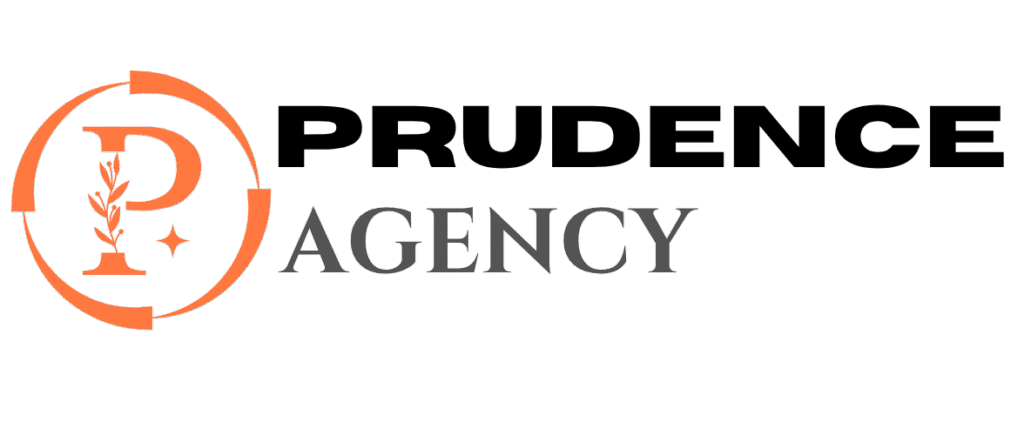The Future of User-Generated Content in AAA Games
User-generated content (UGC) has revolutionized the gaming landscape over the past decade, offering players unprecedented creative freedom and extending the longevity of games. As AAA games-those high-budget, high-profile titles from major studios-continue to evolve, the integration of user-generated content is becoming not only a possibility but a necessity. This article explores the future of UGC in AAA games, highlighting emerging trends, key benefits, practical tips for developers, and influential case studies.
Understanding User-Generated Content in AAA Games
User-generated content encompasses any game-related content created and shared by players rather than developers. This includes custom maps, mods, skins, game modes, narrative stories, or even entirely new gameplay mechanics. In AAA games, integrating UGC effectively requires balancing user creativity with quality control to maintain the high standards expected by players.
Why Is UGC Important for AAA Games?
UGC offers several remarkable benefits for AAA developers and gamers alike:
- Extended Game Longevity: Fresh content created by players keeps titles relevant long after official updates slow down.
- Enhanced Player Engagement: Encourages a strong community through creative collaboration and shared experiences.
- Cost-Effective Content Expansion: Reduces pressure on developers by allowing players to supplement content organically.
- Promotion of Innovation: Unlocks creative ideas from the community that developers may not have envisioned.
- Monetization Opportunities: Carefully managed UGC platforms can unlock new revenue streams for studios and creators.
Current Trends Shaping the Future of UGC in AAA Titles
1. Integrated Creation Tools
AAA games increasingly ship with powerful, user-friendly in-game editors and modding tools. These tools empower players to build content without extensive technical knowledge. Examples include map editors, character customizers, and scripting interfaces.
2. Cross-Platform Sharing and Collaboration
Future UGC ecosystems focus on allowing seamless content sharing across consoles, PC, and even cloud-based platforms, making user creations more accessible worldwide.
3. Moderation and Quality Assurance Powered by AI
As UGC scales, AI-driven moderation helps maintain content quality and appropriateness, protecting AAA game communities from toxic or harmful material.
4. Monetization and Creator Economies
AAA studios are experimenting with marketplaces where creators can sell or trade their content, fostering vibrant micro-economies while ensuring fair compensation.
Case Studies: Successful UGC in AAA Games
| Game Title | UGC Feature | Impact |
|---|---|---|
| Minecraft | In-game modding & server hosting | Built a massive community with endless content variety |
| Fallout 4 | Official mod support & Creation Kit tools | Extended gameplay by years through rich mods |
| Roblox | User-created game worlds and experiences | Enabled emergent game economies and viral content |
| LittleBigPlanet | Level and character creation tools | Promoted creativity and community sharing on consoles |
Practical Tips for AAA Developers to Harness UGC
- Provide Accessible Tools: Design intuitive, scalable editors that cater to both casual creators and advanced modders.
- Implement Robust Moderation: Combine automated AI filters with community reporting systems to ensure safe and appropriate content.
- Encourage Community Building: Foster forums, sharing hubs, and social integration to build a strong UGC culture.
- Consider Revenue Sharing Models: Incentivize top creators through monetization programs that boost loyalty and quality.
- Prioritize Compatibility & Updates: Ensure UGC remains compatible with core game updates and patch cycles.
The Player Perspective: Benefits of Participating in UGC
Players investing time in creating and sharing content often experience:
- Enhanced Creativity: Freedom to express ideas and design unique experiences.
- Community Recognition: Earning respect and building reputations inside gaming communities.
- Learning Opportunities: Improving technical and design skills related to game development.
- Social Connections: Collaboration with like-minded creators fosters friendships and teamwork.
Challenges and Considerations for the Future
Despite the exciting potential, several challenges need addressing to successfully integrate UGC in AAA games:
- Maintaining Quality Standards: Avoiding low-quality or buggy content polluting the game experience.
- Intellectual Property Rights: Navigating copyrights and ownership of player-created content.
- Balancing Game Lore and Narrative: Ensuring UGC fits cohesively within the game’s story and universe.
- Security Risks: Protecting games from malicious mods or exploits introduced via UGC.
Looking Ahead: What to Expect
In the next 5-10 years, we anticipate AAA developers will:
- Integrate AI-Assisted Content Creation: Helping players generate assets, levels, or dialogue with AI support.
- Expand Cloud-Based Modding: Allowing immediate access to UGC without lengthy downloads or installs.
- Facilitate Collaborative Worldbuilding: Multiplayer content creation where communities co-design game worlds in real-time.
- Adopt Blockchain for Ownership: Using NFTs or similar tech to establish verifiable ownership and fair monetization.
Conclusion
The future of user-generated content in AAA games is both promising and transformative. By embracing UGC, AAA developers can create richer, more dynamic gaming worlds that empower creativity and foster vibrant communities. While challenges remain, advances in technology and thoughtful design will unlock new opportunities for players and studios alike. Whether you’re a developer or a gamer, staying informed and engaged with UGC trends is essential to thriving in the evolving landscape of modern AAA games.
Ready to explore user-generated content in your favorite AAA games? Dive into creation today and be part of shaping the future of gaming!











